
All prices listed are in CA$.
PREAMBLE
Welcome to my series Treasures from the Vinyl Vault. In it, I will feature select gems from my approximately 12,000 ever-growing vinyl collection, accumulated over a 45-year period and counting*. This will not be your typical “Greatest Of All Time” list, but more of a guided tour, occasionally accompanied by an anecdote or two, of the singles and albums in my collection that are most precious to me, both for their historical value and the impact they’ve had on my musical journey. In order to cover the greatest number of them, I will not go into much detail about the record’s history or its sound quality—for those aspects I invite you to visit my Top 500 SuperSonic List at https://soundevaluations.blogspot.ca/.
Records will be presented in chronological order based either on their recording date or original release date, and not reissue date—which means, for example, that Miles Davis’ iconic Kind of Blue album will be featured only once, in 1959, despite its many remasterings and repressings over the years. Also, all pressings are US ones unless specified otherwise. If ‘mono’ is not indicated, then consider it stereo or that the stereo version of it is my de facto choice of the two. Let’s continue, shall we?
27- Sonny Rollins – Saxophone Colossus.
Prestige – PRLP 7079 (mono) (1957, Apr.), DCC Compact Classics LPZ-2008 (1995), 33 1/3 rpm. Genre: jazz, hard bop, bluesy ballads, cool vibes, calypso influence.
Often cited as Sonny’s breakthrough, best-known, and most important album, Saxophone Colossus is a tour de force showcasing the tenor saxophonist’s creative ingenuity, dynamic force, and skillful musicianship. Among its five tracks, the album comprises three Rollins originals, including the popular and calypso-inspired “St Thomas”. I’m not big fan of calypso, but this musical ingredient is kept minimal and appears only in “St-Thomas”‘s main riff. The track really starts kicking past the two and a half mark where drummer Max Roach indulges his toms and snare. Sonny solos first, followed by Tommy Flanagan on piano; the coda reprises the calypso-themed riff. “You Don’t Know What Love Is” is a superb, sultry, bluesy ballad, boasting terrific tenor tone as only Sonny—and perhaps Coleman Hawkins—can deliver. On “Strode Rode”, Rollins unleashes the full force of his fingers and breath, where, for half a minute, he surfs solo over Doug Watkins’s walking bass line. “Morita” is the original German name for the well-known standard “Mack the Knife”, interpreted here in a mid-tempo, swinging bop style. “Blue 7” walks that cool blues vibe—the highlight here is the over two minute drum solo. Rudy Van Gelder recorded the quartet at his studio in Hackensack, New Jersey, in June 1956. Though not perfect, this is one of Van Gelder’s good takes, with lots of crisp presence, dynamics, detail, and a generous amount of reverb on the sax and drums. As typical with RVG recordings, piano and bass are moderately curtailed in frequency and level. I don’t have an original Prestige pressing but do have the excellent Hoffman-Gray remastering for DCC first released in 1995. I compared it to the 2011 OJC, that has the “scratched-off” Hoffman-Gray marking in the dead wax, and it sounded not identical but extremely close with just barely more warmth, to the point where I almost preferred it to the 180g DCC. I haven’t heard the 2013 200g Analogue Productions cut by Kevin Gray alone, nor the 2022 180g AP repress.
28- Nat King Cole and his trio – After Midnight.
Capitol Records – W-782 (mono) (1957, Jan.), Analogue Productions APP 782-45 (2010), (3×45 rpm), 180g. Genre: jazz, small-ensemble swing, ballads.
I simply love this ‘NKC’ album as much for its songs as for its supreme sound. Often known for his beautiful ballads as a singer, Cole actually started out as a trio on his first 78rpm recordings in the mid-1940s. Here, the trio moniker is a bit of a misnomer because the tight band made up of Nat on piano and vocals and his classic “trio” of John Collins on guitar, Charlie Harris on bass, and Lee Young on drums, is joined alternately by Harry Edison on trumpet, Willie Smith on sax, Juan Tizol on Trombone, Stuff Smith on violin, and Jack Constanzo on bongos. Recording engineer John Kraus did an outstanding job at the newly opened Capitol’s famous studios in Hollywood, California, where this LP was one of the first to be recorded in August and September of 1956. Every one of the 19 tracks is a pure gem. I don’t have an original pressing but this reissue containing 3 LPs, mastered and cut in mono at 45 rpm by Kevin Gray and Steve Hoffman for Analogue Productions, is, I believe, unbeatable for its transparency and dynamic speed. My only quibble is the packaging, in that the three records are housed in a single-slot jacket, making inserting them a delicate process.
29- Miles Davis Quintet – Cookin’ with the Miles Davis Quintet.
Prestige – PRLP 7094 (mono) (1957, July), Analogue Productions – APJ 035 (1996), (1 of 5 LP box set), 33 1/3 rpm. Genre: cool jazz, hard bop, ballads.
Newly signed to Columbia but still under contract with Prestige, Miles Davis booked two memorable sessions at Rudy Van Gelder’s studio in Hackensack, New Jersey—the first in May and the second in October, 1956. These dates provided material for four albums with their titles ending with the suffix “-in’ “, as in Cookin’, Relaxin’, Workin’, and Steamin’; all released at 8- to 18-month intervals from each other. The personnel—John Coltrane on sax, Red Garland on piano, Paul Chambers on bass, and Philly Joe Jones on drums—formed the basis of Davis’s First Great Quintet. They were all captured by Rudy Van Gelder in mono in mostly live takes in the studio. I first came upon Cookin’ in the mid-1990s, when Analogue Productions assembled Doug Sax, Gavin Lurssen, and Ron Lewter to remaster and cut it with tube electronics at LA’s The Mastering Lab as part of the label’s first jazz audiophile reissues. The album starts out very soft and intimate with Miles’s take on “My Funny Valentine”, the 1937 show tune turned jazz standard by Chet Baker during his stint with the Gerry Mulligan Quartet in 1953. A few years later in downtown Montréal, I bumped into my Birth of the Cool-snatching “nemesis” again, who sold me his mint Miles Davis Quintet’s The Great Prestige Recordings 5 LP boxset compilation [APJ 035] from 1996 for $200. The records were remastered and cut by Stan Ricker, whose version of Cookin’ sounded slightly superior, with more bass weight, than the Doug Sax version. I once had the chance to hear and compare Ricker’s Cookin’ back-to-back with the double-45 rpm version done by Steve Hoffman and Kevin Gray for Analogue Productions [AJAZ 7094] in 2003, and the latter came out on top.
30- Miles Davis Quintet – Relaxin’ with the Miles Davis Quintet.
Prestige – PRLP 7129 (mono) (1958, Mar.), Original Jazz Classics – OJC-190 (2011 and 2020), 33 1/3 rpm. Genre: hard bop, cool jazz, ballads.
Relaxin’ is by far my favorite Davis album from the aforementioned Prestige releases. Recorded in May and October 1956, and released in March 1958, it comprises three tracks per side. They are all superb, with Sonny Rollins’s composition “Oleo” opening side two, being the least relaxin’ and most excitin’ of the album. The free-spirited interplay between Davis and ‘Trane while Chambers runs his fingers up and down the fingerboard, with Joe Jones entering and exiting the fray, is energetically enticin’! (Sorry, I couldn’t help it.) I remember seeing the 2003 Analogue Productions double-45 rpm release cut by Kevin Gray and Steve Hoffman at the annual Montréal HiFi show back in the day selling for around $90, and passing it over. Boy, did I kick myself afterwards for choosing to buy instead an Ella Fitzgerald / Cole Porter reissue on Speakers Corner [MG V-4001-2]. The first version that introduced me to this important jazz album was the Stan Ricker cut as part of my 5-LP Prestige boxset described above, which I found great until I heard my colleague’s very affordable OJC [OJC-190] from 2020, which bettered it in every respect, especially in top end airiness where in the Ricker reissue the top end sounds definitely duller. I also had the opportunity to compare Ricker’s pressing with that of the more expensive 2022 Craft Recordings ‘one-step’ [CR00227] cut by Bernie Grundman, which had a sharply-defined top end but lacked low-end extension. So there you have it… of the three pressings mentioned, the cheapest version turned out to be the best-sounding one. Sometimes we can get a break after all.
For more from Claude Lemaire, visit…
https://soundevaluations.blogspot.ca/
*I would be remiss not to mention that some of those 12,000 records I share with a fellow vinyl hunter, co-conspirator, and lifelong friend.
*
Reference List (Singles, albums, and labels):
Sonny Rollins – Saxophone Colossus. Prestige – PRLP 7079 (mono) (1957, Apr.), DCC Compact Classics LPZ-2008 (1995), 33 1/3 rpm. Genre: jazz, hard bop, bluesy ballads, cool vibes, calypso influence.
Nat King Cole and his trio – After Midnight. Capitol Records – W-782 (mono) (1957, Jan.), Analogue Productions APP 782-45 (2010), (3×45 rpm), 180g. Genre: jazz, small-ensemble swing, ballads.
Miles Davis – Cookin’ with the Miles Davis Quintet. Prestige – PRLP 7094 (mono) (1957, July), Analogue Productions – APJ 035 (1996), (1 of 5 LP boxset), 33 1/3 rpm. Genre: cool jazz, hard bop, ballads.
Miles Davis – Relaxin’ with the Miles Davis Quintet. Prestige – PRLP 7129 (mono) (1958, Mar.), Original Jazz Classics – OJC-190 (2011 and 2020), 33 1/3 rpm. Genre: hard bop, cool jazz, ballads.


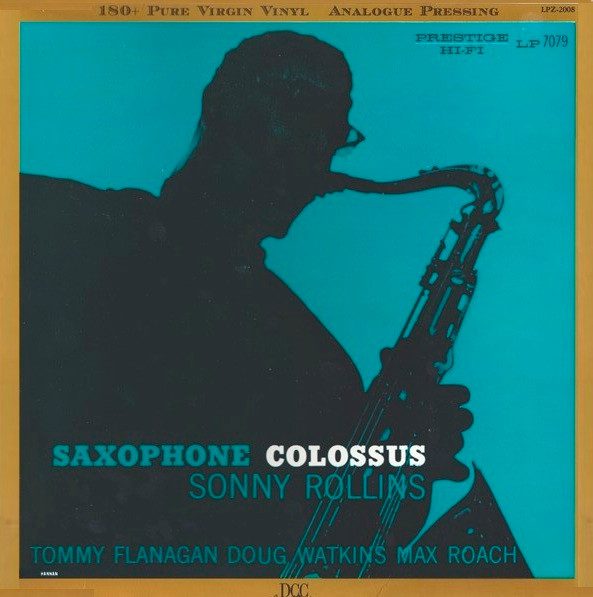








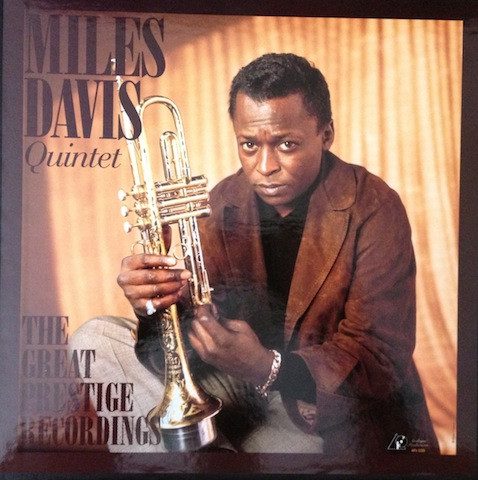





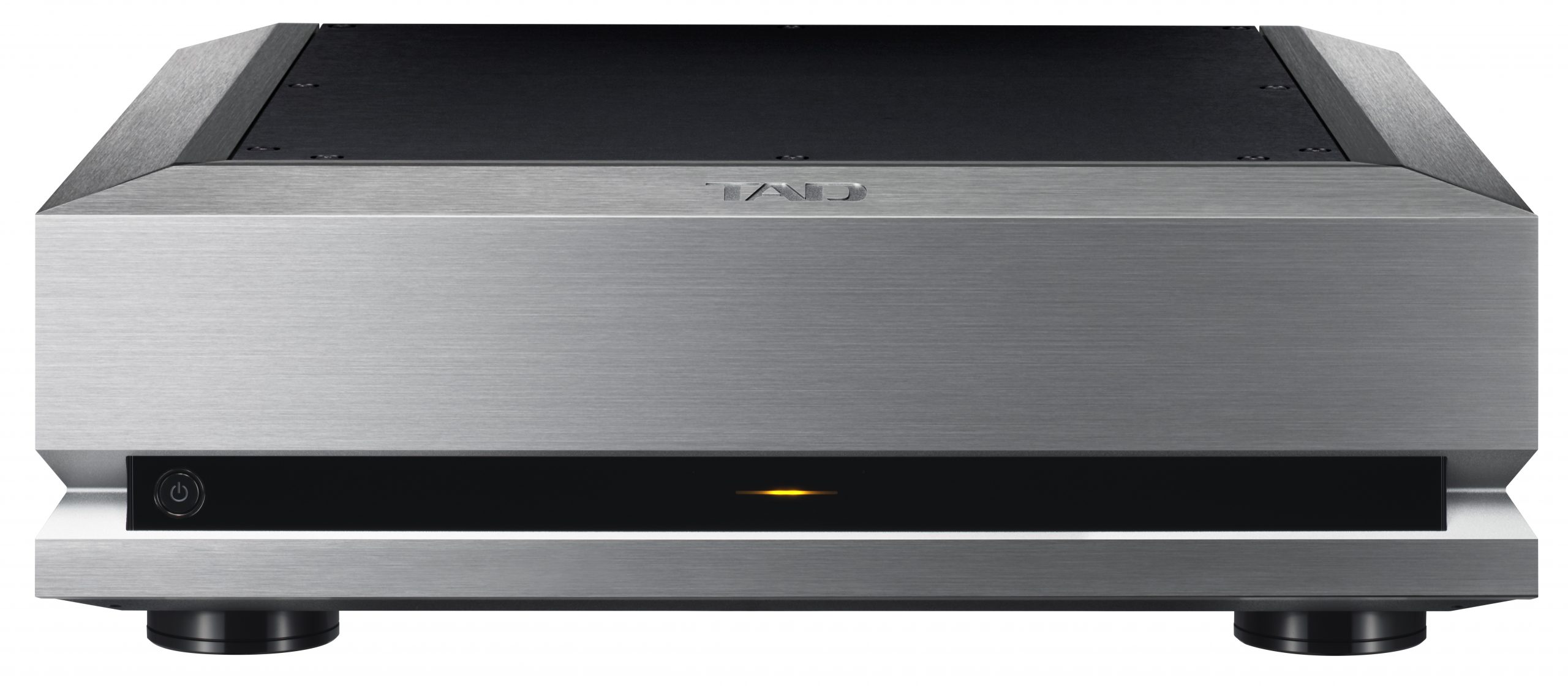


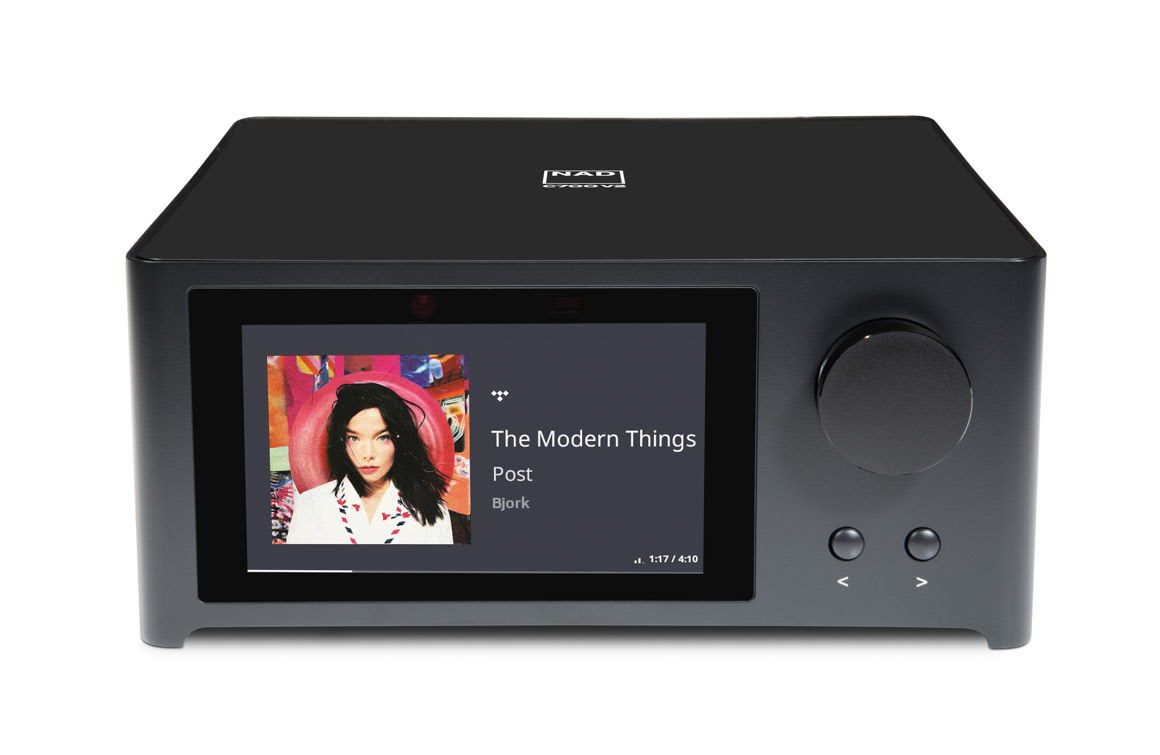
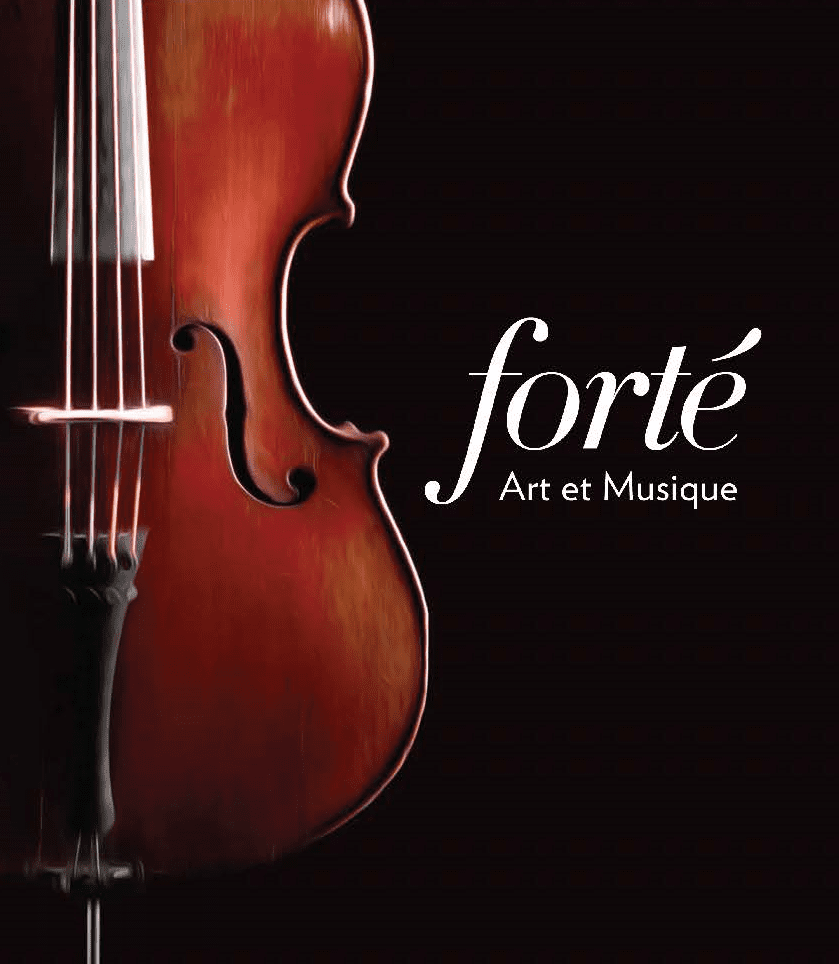


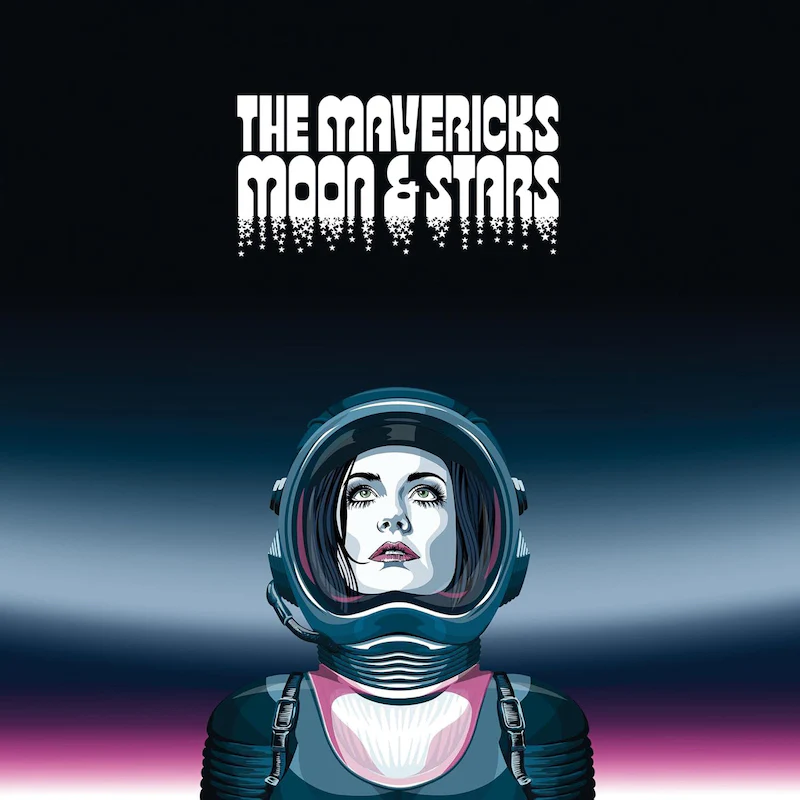
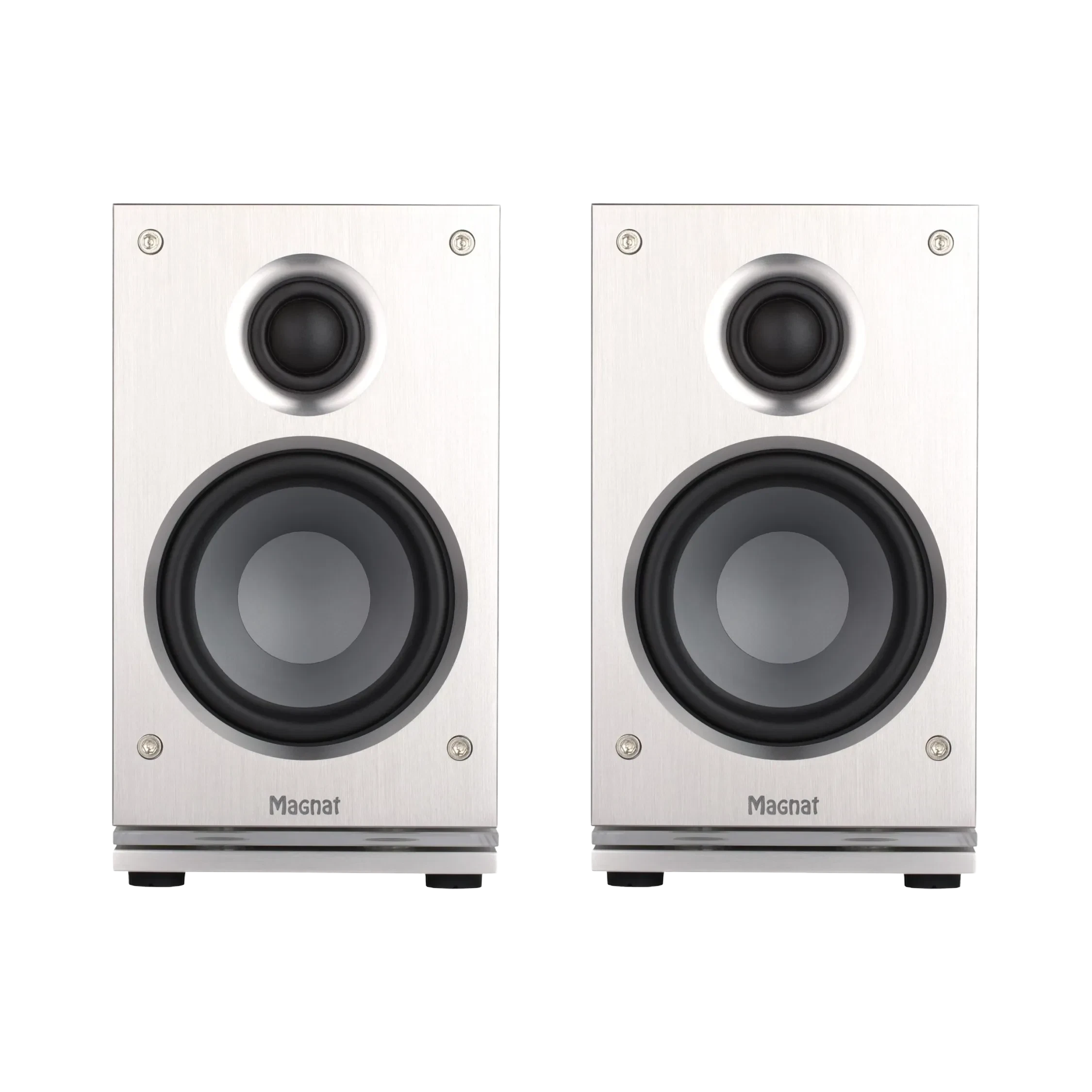

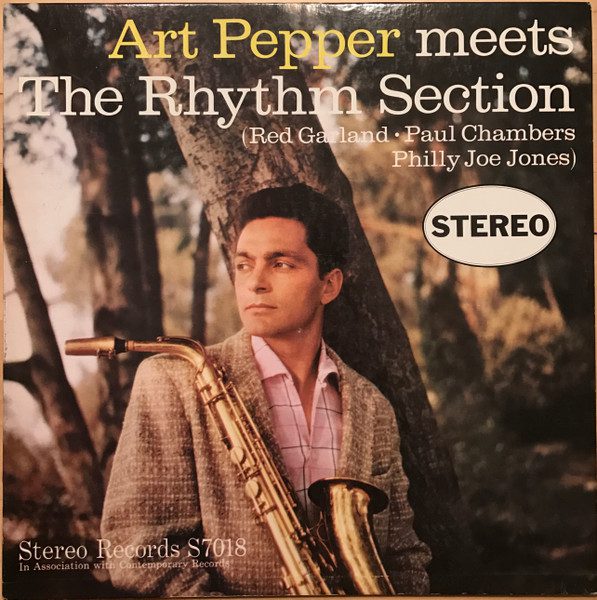
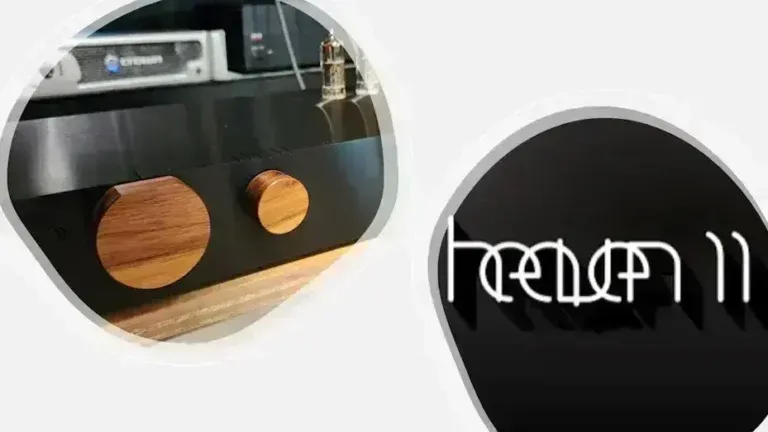

Leave a Reply